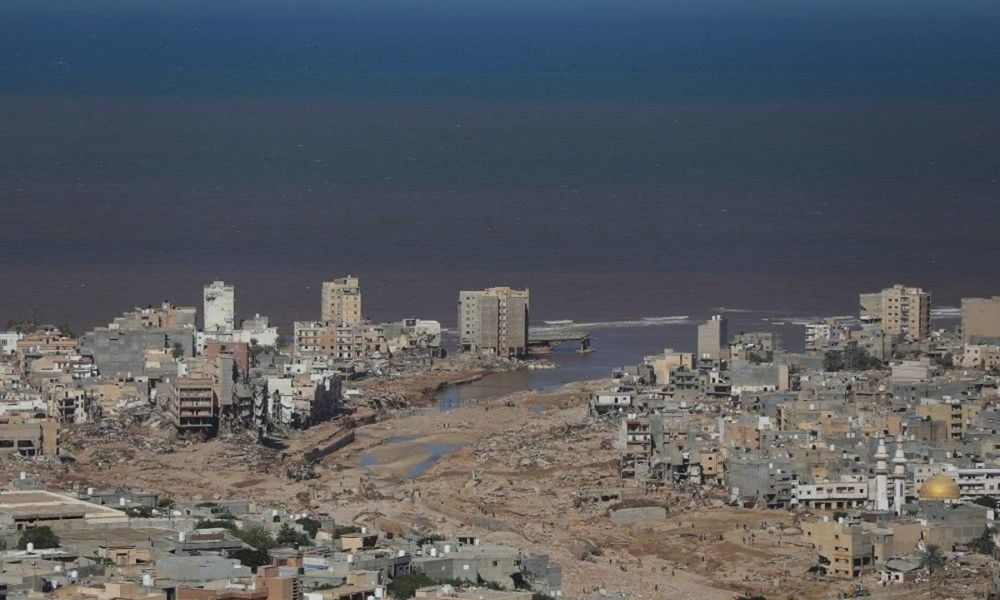
The Libya floods of September 2023 were a devastating event that had a profound impact on the country. The floods killed over 5,000 people, displaced tens of thousands more, and caused billions of dollars in damage to infrastructure. The floods also had a significant impact on the Libyan economy and environment.
One of the most important lessons that can be learned from the Libya floods is the need to take steps to prevent future floods. There are a number of things that can be done to prevent future floods in Libya, including improving early warning systems, strengthening dams and other infrastructure, improving land management practices, and addressing climate change.
The Libyan government and the international community both have a role to play in preventing future floods in Libya. The Libyan government can develop and implement a comprehensive flood prevention plan, and the international community can provide financial assistance and technical expertise.
By taking steps to prevent future floods, the Libyan government and the international community can protect the lives and livelihoods of the Libyan people.
|
Are you a Tax Lawyer in USA? |
The Libya floods of September 2023 were a devastating event that had a profound impact on the country. The floods killed over 5,000 people, displaced tens of thousands more, and caused billions of dollars in damage to infrastructure. The floods also had a significant impact on the Libyan economy and environment.
One of the most important lessons that can be learned from the Libya floods is the need to take steps to prevent future floods. There are a number of things that can be done to prevent future floods in Libya, including:
In addition to the above measures, the Libyan government should also develop a comprehensive flood prevention plan. This plan should identify all of the areas that are at risk of flooding and develop specific measures to reduce the risk of flooding in those areas.
The international community can also play a role in helping Libya to prevent future floods. The international community can provide financial assistance and technical expertise to help the Libyan government implement the measures outlined above. The international community can also work to help Libya address climate change.
By taking steps to prevent future floods, the Libyan government can protect the lives and livelihoods of its citizens. The international community can also play a role in helping Libya to prevent future floods.
The Libya floods of September 2023 were a devastating event, but they also offer an opportunity to learn and improve. By taking steps to prevent future floods, the Libyan government and the international community can protect the lives and livelihoods of the Libyan people.
The Libya floods are a wake-up call to the world. We need to do more to help vulnerable communities adapt to the impacts of climate change. We also need to invest in early warning systems and disaster preparedness measures to reduce the loss of life and property in future events.
The Libya floods are a tragedy, but they also offer an opportunity to build a more resilient future. By taking the steps outlined above, we can help to protect the lives and livelihoods of people all over the world from the devastating impacts of floods and other extreme weather events.